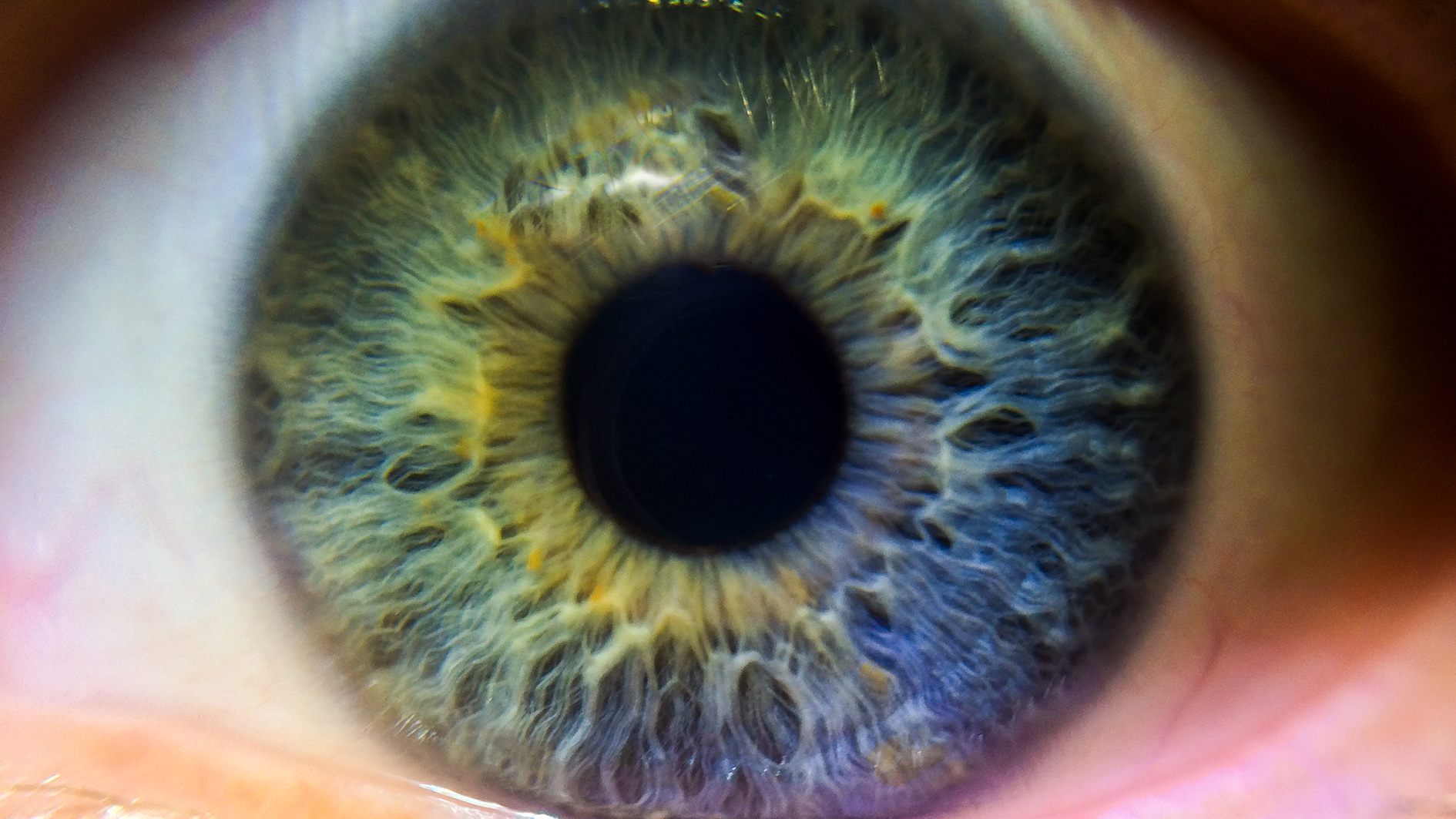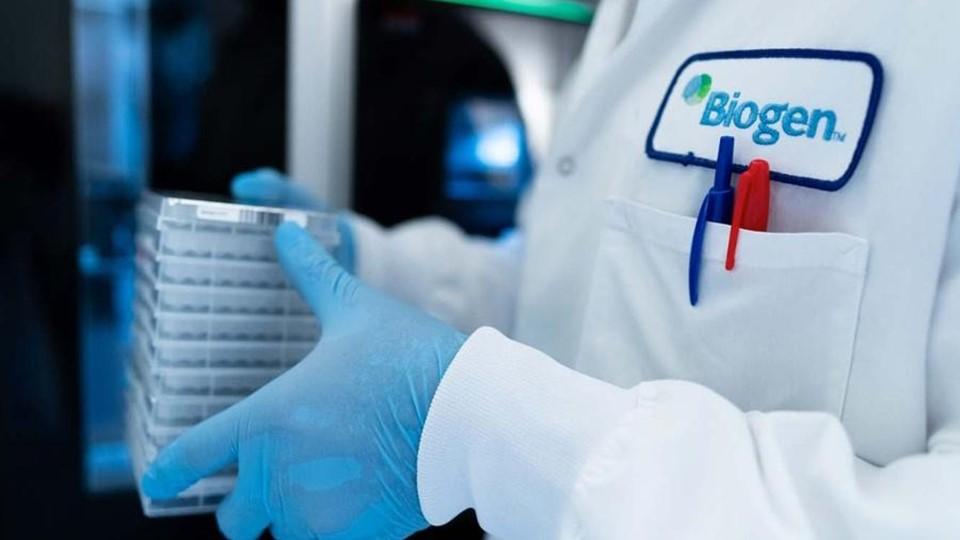Biogen buys UK gene therapy firm Nightstar for $800m

Biogen has agreed to buy UK-based gene therapy biotech Nightstar, which focuses on using modified viruses as therapies for inherited retinal disorders, in a deal worth $800 million.
The US biotech will pay $25.50 in cash for the company, which has a gene therapy for the rare degenerative disorder choroideremia (CHM) in phase 3 development.
Nightstar’s technology uses adeno-associated viruses to inject functioning genes into a patient’s eyes, which correct the genetic causes of rare inherited retinal diseases.
It is seen as a competitor to Spark Therapeutics, which produces the already approved ophthalmology gene therapy Luxturna, and is to be acquired by Roche for $4.8bn in a deal signed late last month.
Biogen’s offer for Nightstar represents a total transaction value of around $800 million, after taking into account expected transaction expenses and anticipated cash at closing.
Nightstar’s lead drug is NSR-REP1 for choroideremia, a rare degenerative X-linked inherited retinal disorder that leads to blindness and has no approved treatments.
It primarily affects males and is caused by loss of function in the CHM which encodes the Rab escort protein -1 (REP-1), which plays a role in intracellular protein trafficking.
Loss of function in the gene leads to abnormal intracellular protein trafficking and impaired elimination of waste products from the retinal pigment epithelium and photoreceptors.
Patients at first experience poor night vision, and over time progressive loss of vision leads to complete blindness.
NSR-REP1 is comprised of an AAV vector administered by subretinal injection which provides a functioning CHM gene and expression of the REP-1 protein to restore membrane trafficking and slow, stop, or potentially reverse the decline in vision.
Data from the phase 1/2 trial of NSR-REP1 demonstrated potentially meaningful slowing of decline in visual acuity as compared to natural history as well as signs of improved visual acuity in some patients. NSR-REP1 is currently being tested in the ongoing phase 3 STAR trial with data expected in the second half of 2020.
Nightstar also has a drug in clinical development for X-linked retinitis pigmentosa, another inherited retinal disease that affects mainly men and has no approved treatments.
It is characterised by mutations in the retinitis pigmentosa GTPase regulator (RPGR) gene leading to a lack of active protein transport in photoreceptors. This abnormality leads to loss of the photoreceptor cells, resulting in retinal dysfunction by adolescence and early adulthood, progressing to legal blindness when patients reach their forties.
The acquisition is subject to approval by Nightstar’s shareholders and UK competition regulators.













